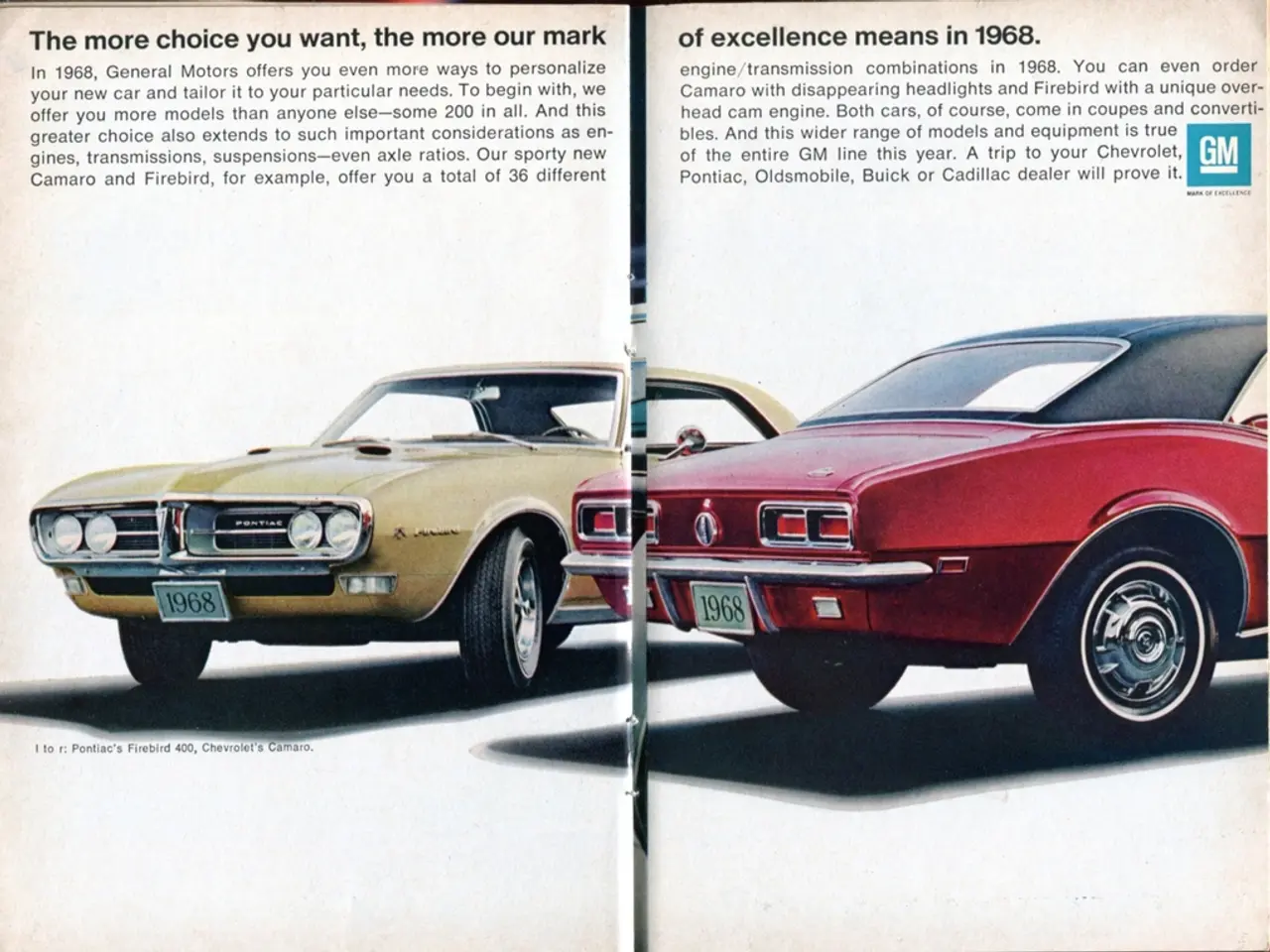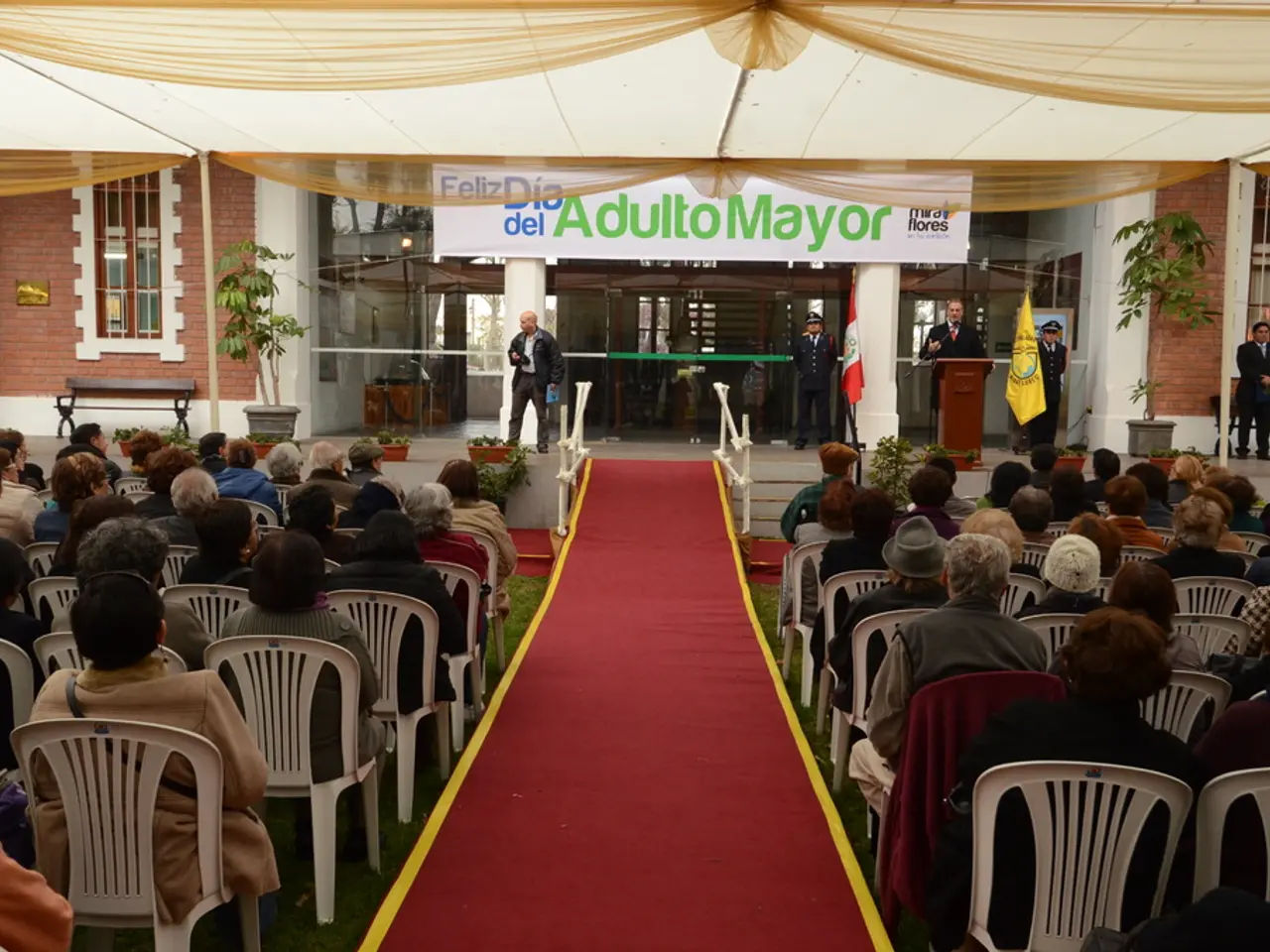Frustrated Auto Suppliers Speak Out Against Political Inaction in Thuringia - Voigt Calls for Change in Tone
Suppliers express dissatisfaction with political climate - Voigt advocates for reform - Automotive brands expressing dissatisfaction with politics - Voigt advocates for shift in policy
The automotive supplier industry in Thuringia is letting politicians know they're not satisfied. "Promises were broken, nothing's changed on network charges or electricity," said Mathias Hasecke, Chairman of Automotive Thuringia's industry association, during an industry day in Jena. Hasecke also pointed out that, for example, Saxony had stopped repaying coronavirus aid for businesses, signaling that politics can take action when needed.
Soaring Energy Prices and Bureaucratic Obstacles are a Concern
Yet, Thuringia's Minister President, Mario Voigt (CDU), did not address the concerns directly. Instead, he highlighted the state government's intention to "lower energy prices" and remove bureaucratic hurdles more rapidly. Coercive measures have already been taken with municipalities to expedite construction plans. Politics should prioritize fostering a conducive business environment, Voigt argued, noting the harmful effects of ideological policies imposing overly restrictive requirements.
Voigt advocated for technological openness regarding the future of automotive powertrains.
Industry Struggling, Losing Workers and Businesses
Since 2019, the number of supplier businesses in Thuringia has decreased by 16%, and the number of employees and turnover volume by 21% and 15% respectively. Nevertheless, the industry remains one of the region's most significant economic forces, employing around 13,500 people and generating about four billion euros in revenue.
The Ministry of Economics anticipates that the industry's importance in the area of powertrains will diminish, yet it could be compensated in other sectors like electronics, interiors, and bodies. "I don't get the continuous doom and gloom predictions," said Economics Minister Colette Boos-John (CDU). The challenges can be surmounted.
Political Fuels, Bureaucratic Frustrations
- High Energy Prices and Bureaucracy: Automotive suppliers grumble about soaring electricity and networking charges and the general high energy prices in Germany, which harm their operations and competitiveness, especially in power-hungry manufacturing regions like Thuringia [1].
- Bureaucratic Nightmares: These suppliers criticize the arduous and time-consuming bureaucratic procedures that hinder adaptability and efficient operation. Red tape slows down decision-making and the implementation of innovations or expansions, hence suppressing the agility and competitive edge they need in a rapidly evolving automotive industry [1].
voigt thuringia jena cdu network charge electricity coronavirus focus
[1] "Industry Calls for Action - High Network Charges, Energy Prices, and Bureaucratic Woes Hurt Thuringia's Automotive Suppliers," Aug. 11, 2023, accessed March 27, 2023 from https://www.autNT.de/news/industrie-appelle-zu-handlung-hochbewertete-netzanschl%C3%BCsgebühren-energiepreise-und-b%C3%BCrokratie-beh%C3%A4ngen-st%C3%B6rken-den-fahrzeugbaubetrieben-in-th%C3%BCringen/arzttod-syndrome
- The automotive supplier industry in Thuringia, represented by Mathias Hasecke, emphasized the need for a review in the community policy and employment policy, citing unfulfilled promises about network charges and electricity costs, as well as the effects of politics on their operations.
- Despite the industry's continued struggle, with decreasing businesses, employees, and revenue, and the challenges ahead, Thuringia's Minister President, Mario Voigt (CDU), advocated for political actions to reduce energy prices, expedite bureaucratic processes, and foster technological openness, particularly in the future of automotive powertrains.








